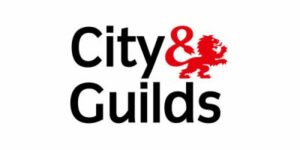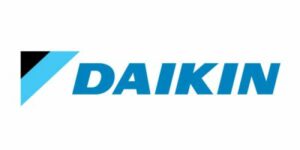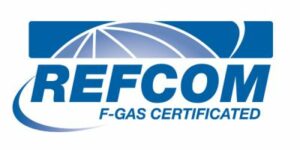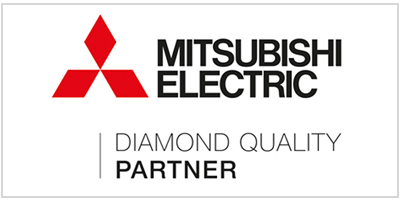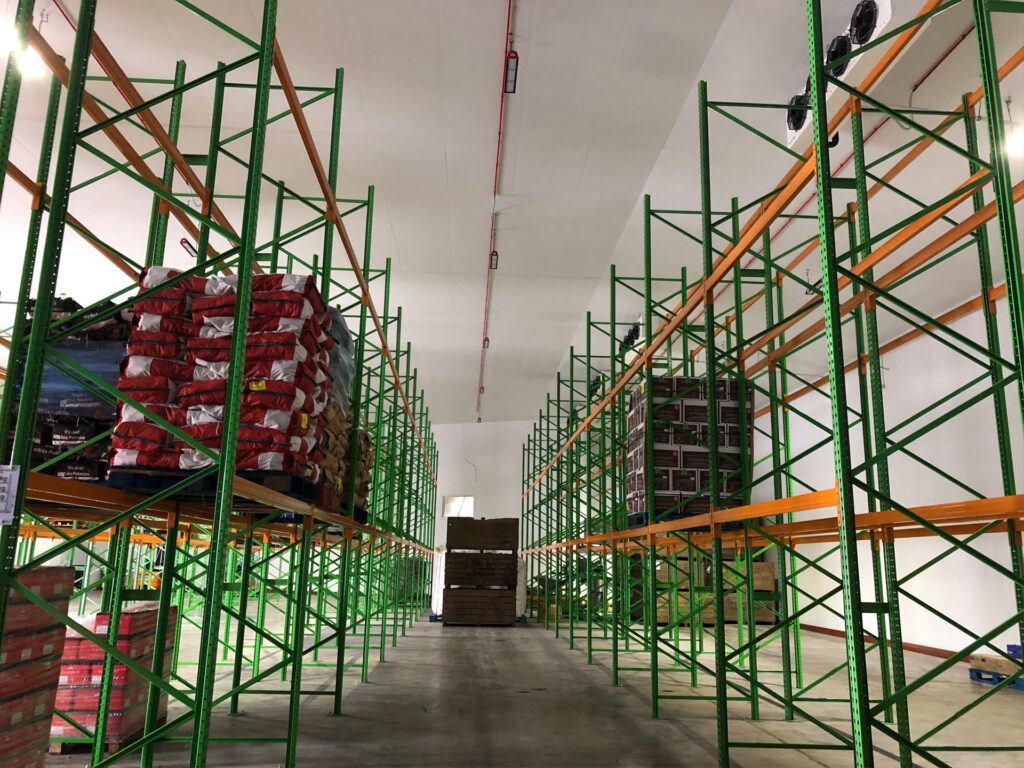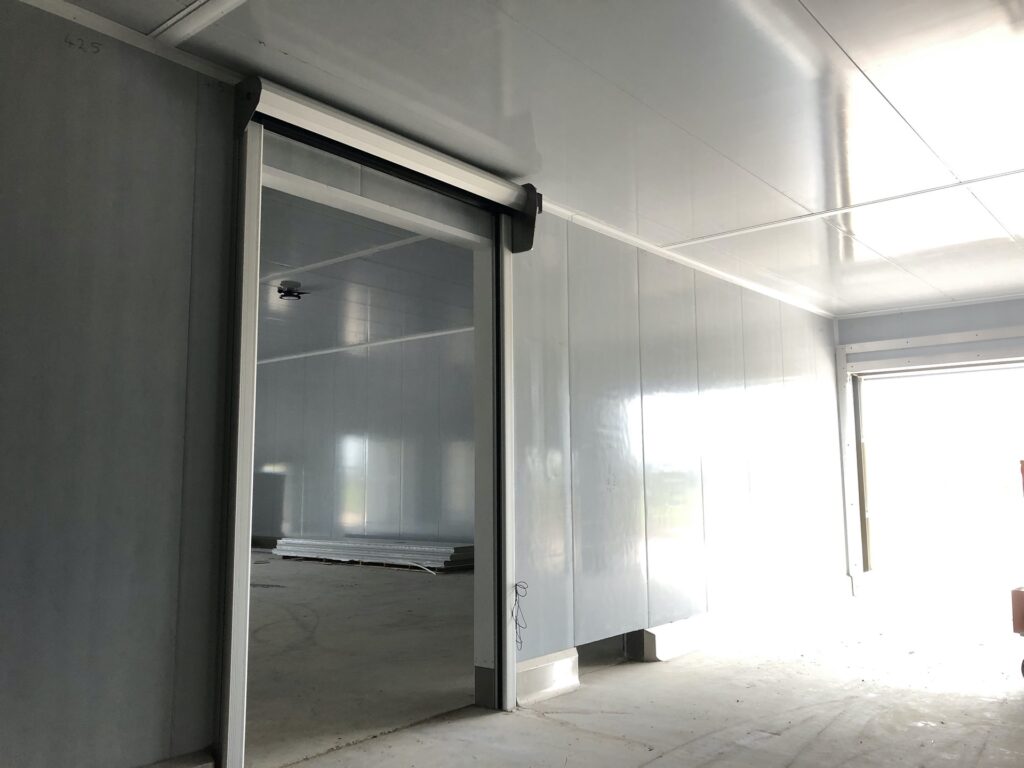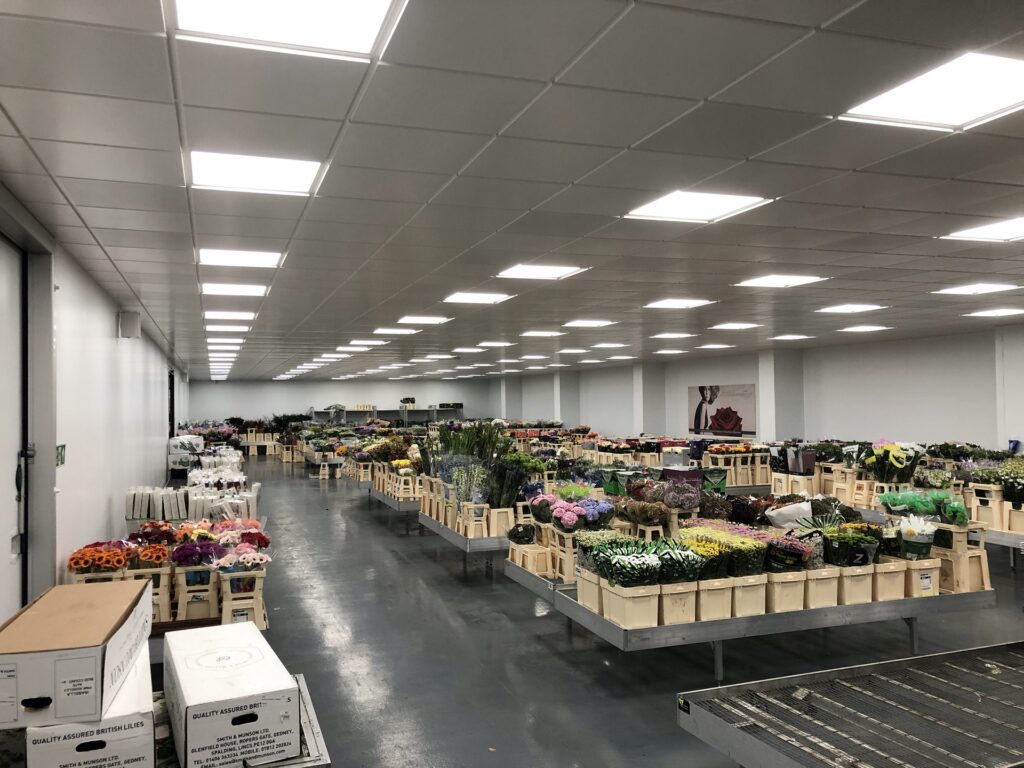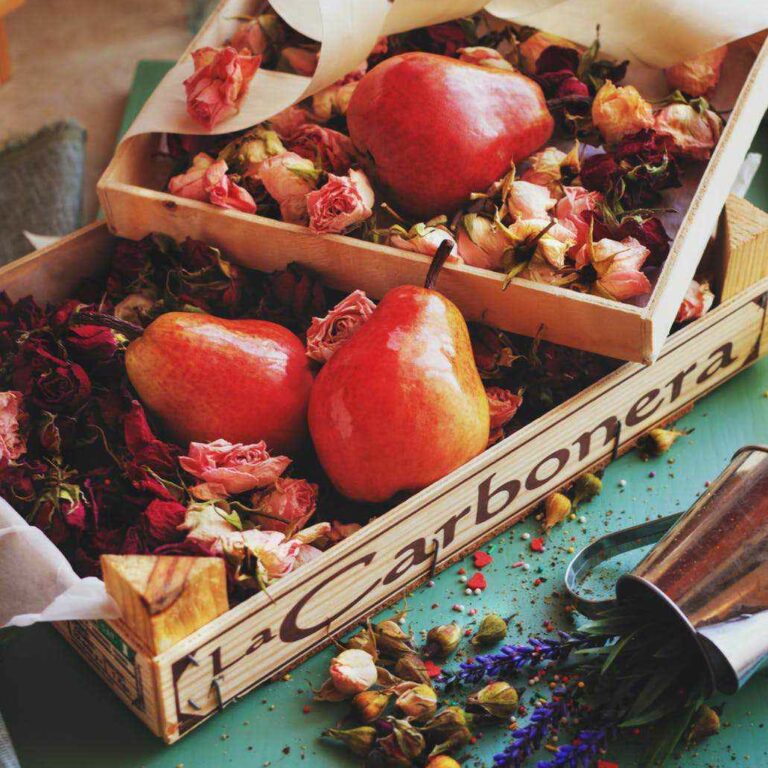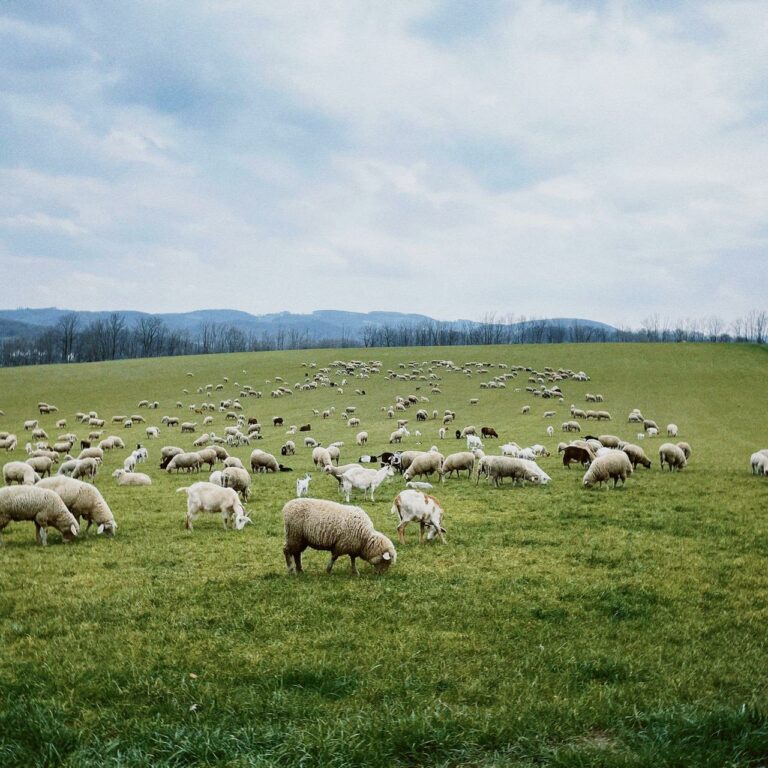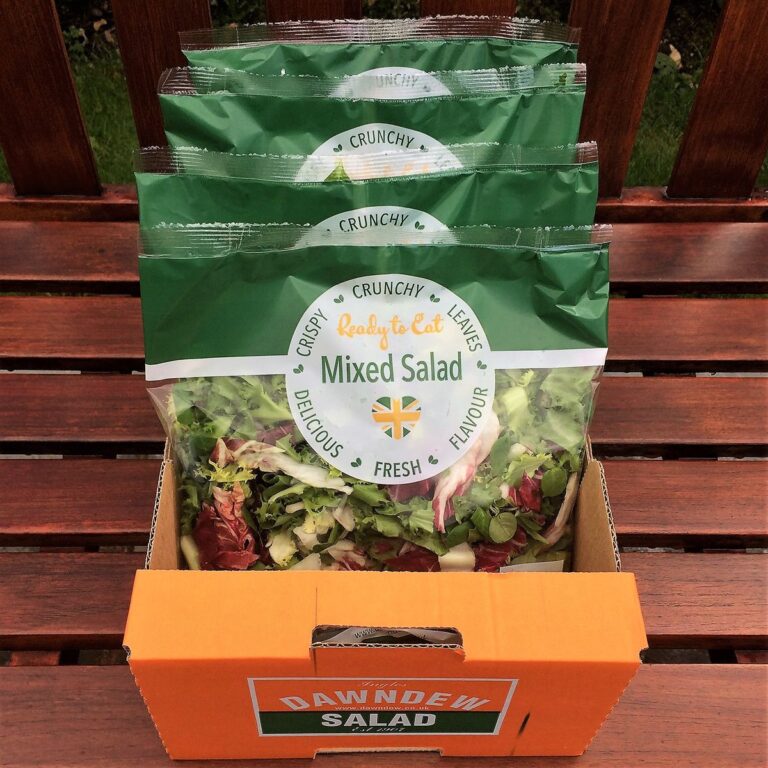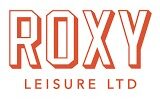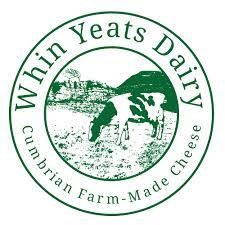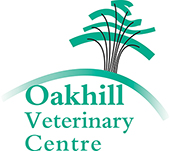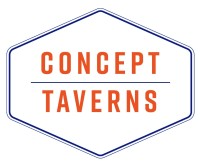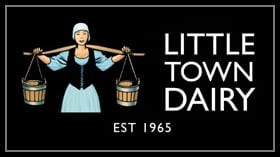Co2 refrigeration installation
F Gas regulations are being strictly put in place throughout Europe causing the price of HFC refrigerants to rise significantly. One solution for this is the use of CO2 as an alternative.
Co2 has excellent refrigeration properties with an ability to provide cooling as low as -50° which can be delivered with great energy efficiency.
We can design and install Co2 equipment to reach a range of your business needs with indoor and outdoor units designed to fit all space, sound, and installation restraints.
Co2 can be used in almost all heating and cooling equipment and is extremely efficient meaning businesses will see their energy bills reduce once it has been installed.
Co2 refrigeration maintenance
As with all equipment, regular servicing is vital to help it run effectively and efficiently. Our experienced engineers can attend the site at various intervals depending on your budget and needs. They will carry out vigorous checks to ensure your unit is working at maximum performance. Maintenance will prolong the life of your equipment, lead to fewer breakdowns and less disruption and ultimately, save the business money.

Co2 refrigeration repair
We understand that breakdowns can be disruptive to you and your business. All our engineers at DD Cooling are fully qualified to repair Co2 equipment and we provide breakdown support, 365 days a year.

Download our CO2 cooling systems brochure
Download our CO2 FAQ's brochure
CO2 has several unique thermophysical properties:
- Very good heat transfer coefficient
- Relatively insensitive to pressure losses
- Very low viscosity
- In practical applications, the CO2 systems deliver very high performance, the main reasons being better heat exchange, very low pumping power when CO2 is used as a secondary fluid, and in cold climate the possibility of operating with a very low condensing pressure in the winter.

With an established reputation and client base across the North West, DD Cooling are the number one choice for all your CO2 refrigeration requirements. From small domestic projects through to large scale industrial and commercial installations, DD Cooling deliver full turn-key CO2 refrigeration packages.
With a qualified and dedicated team, we support you through the entire process from design and quotation of your refrigeration system to installation, maintenance and aftercare support. We strive to deliver projects with minimal disruption to your home or business and within the agreed timescales.
R744 is the chemical reference for Carbon Dioxide (CO2) used as a refrigerant. It is a naturally occurring substance that can be applied as a working fluid in different heating and cooling application, due to its excellent heat transfer properties and its high volumetric cooling capacity cooling capacity.
R744 is:
- Non-Toxic
- Non-Flammable
- Non-Ozone Depleting
- Environmentally friendly, with a Global Warming Potential (GWP) of 1.
Applying R744 in vapour compression applications significantly reduces the amount of Greenhouse Gas (GHG) emissions released into the atmosphere, which is at the origin of climate change. Besides, R744 systems, in many applications, have the potential to be more efficient than current systems in most climate conditions, and therefore indirect emissions of GHG resulting from energy consumption are also reduced.
No, R744 is not flammable and presents no risks in case of interaction with other substances or chemical blends. CO2 is applied in many fire extinguishers.
R744 is not toxic at moderate concentrations. Given the small system charge used for heating and cooling applications, R744 thus presents minimal health risks.
No, R744 does not contribute in any way to the depletion of the Ozone layer.
The very first refrigeration systems ever built used natural refrigerants such as Ammonia (NH3), Hydrocarbons (Has) and Carbon Dioxide (CO2). After the invention of CFCs in 1929, the industry all all but forgot these original gases but the Montreal Protocol in 1987 changed all of that, forcing the large chemical companies to invent the alternative Hydro Flurocarbon (HFC) gases.
CO2 is a naturally occurring gas. It’s in the air we breathe and our fizzy drinks, and it’s set to replace high polluting HFC synthetic refrigerants in mainstream cooling systems.
CO2 is low cost. CO2 is widely used in many different industries and in a vast number of applications. Its price has been low and stable for many years and it will remain a highly cost-effective refrigerant.
CO2 is a mainstream solution. The food retail industry effectively funded the development of the CO2 cooling technology to mitigate the impact of the F-Gas Regulation, and CO2 cooling systems are now tried and trusted by most UK supermarket chains. Now, CO2 is a mature and frequently used, large-scale refrigeration solution.
CO2 is safe. Unlike any other natural refrigerant, Carbon Dioxide is both non toxic and non flammable, making it a very safe refrigerant to operate and handle. CO2 has an ‘A1’ Safety rating and is not subject to the many onerous operator obligations that are in force with Ammonia refrigeration systems.
CO2 is a fantastic refrigerant. CO2 has excellent refrigeration properties and can provide cooling down to -50°C and up to +15°C, an impressive temperature range that can be delivered in high capacity and with great energy efficiency.
CO2 is freely available. CO2 is highly unlikely to be regulated against and is set to remain a mainstream refrigerant which is available for straight forward, unrestricted purchase.
Although HFC’s do not directly deplete the Ozone layer, they are powerful greenhouse gases. These gases are regulated by the 1997 Kyoto Protocol, and increasing pressure from subsequent regulations and emissions trading systems will force the industry to go back to the same roots that it started from.
However, this time engineering will be far better prepared to deal with the technical challenges of toxicity and flammability posed by these environmentally benign gases, and their public acceptance will inevitably grow as environmental awareness grows.
The original F-Gas Regulation was adopted in 2006 to manage and track the use of highly polluting synthetic fluorinated HFC gases. Further changes tot he F-Gas legislation were made in 2014, these amendments centre heavily around the aggressive phase down in the supply and use of HFC refrigerants.
The F-Gas Regulations are now being aggressively put into force throughout Europe and they are completely forcing a change in refrigeration choice. Carbon Dioxide is the natural choice over HFC refrigerants, such as R404A, R134A, R407 & R448. Carbon Dioxide is fantastic, natural refrigerant, despite the irony of it being frowned upon in the climate change debate. CO2/R744 is actually 3,821 times less polluting to the environment than the traditional mainstream synthetic HFC R404A.
HFC Phase Down is now – there’s already been a 79% reduction in HFC use.
Mandatory requirements are being policed now.
Costs are volatile and unpredictable.
HFC refrigerants will stop being freely available.
In new systems, HFC refrigerants will soon be illegal.
Service bans imposed for old HFC refrigerants.
End users must track their HFC usage.
Documented and frequent HFC leak checks.
The quantity of HFC’s that can be placed on the EU market will be cut in a series of steps. By 2030, only 20% of the quantity of HFC’s that were sold in 2015 will be available. The remaining 20% supply will be for specialist applications and not for main stream refrigeration use.
HFC refrigerants have suffered a cost rise in excess of 400% between 2016 and 2020 with these looking set to continue to rise as further quotas are imminent.
As one of the world’s largest polluters, synthetic HFC refrigerants are now subject to aggressive phase down legislation, limited availablity and higher costs which are forcing end users to choose alternative cooling solutions with a much lower Global Warming Potential (GWP) than HFC gases can provide. Continued capital investment in HFC refrigeration systems is not advisable.
CO2 falls into safety group A1 which means it is non-toxic and non-flammable. CO2 is the only natural refrigerant with an A1 safety rating. Ammonia is B2, i.e toxic and low flammability, whilst Hydrocarbons are A3, i.e none toxic but highly flammable. The pressures inside a CO2 system are higher than HFC systems, but after years of component development, these pressures are now the ‘new normal’ and perfectly safe.
R744 can be applied in most heating and cooling systems such as Mobile Air Conditioning (MAC) in vehicles and buses, vending machines, coolers, commercial cabinets for supermarkets, containers and climate control systems for residences. CO2 Technology (R744) has also shown to be extremely efficient in heating water.
What we’ve achieved
